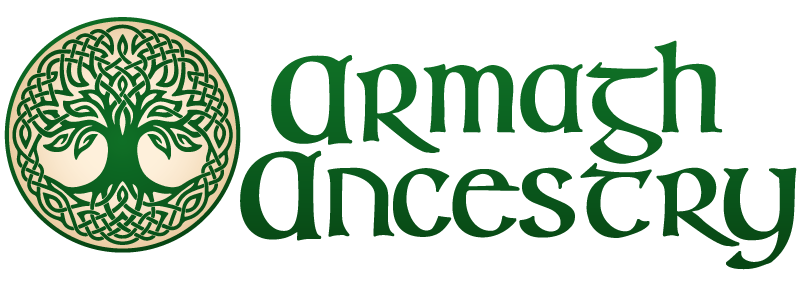How to Start
Take a trip to the attic…
Locate letters from your ancestors, family photographs and religious books – these may contain important names and dates of birth, marriage and death. Take time looking through old photo albums, especially to information and dates on photos.
Get Talking…
The single most useful source of information on your ancestors is your family itself. Contact your relatives as they can often provide a wealth of information including the names of your oldest living relatives and interview these people and make sure to record your conversation. Ask background questions such as:
- Where did our family come from: townland, town, parish, county?
- Where are our relatives buried?
- Do you know any dates of birth, death and marriage of relatives?
- Any old family stories…
- Do you know of any old family bibles, photographs, letters, etc?
- Do you know any living relatives I don’t know?
Remember to document all information and record the date of the interview and the age of the source (person).
Work from the present to the past…
Compile all the information you have available on the history of your family from your own documentary records and oral information. It is important that your items of information be as specific as possible. Initially while gathering information, you may experience difficulties, but try to be patient and you will find it very rewarding.
Establish the area within county Armagh of origin…
Commence with your Irish born emigrant ancestor and try to establish this emigrant’s father’s name and mother’s pre-marriage name. In some countries, including the USA this information is contained on death records. Some of these details are also contained in marriage records. A townland, address, parish within county Armagh is often the most valuable piece of information a person can have. Spellings for these can be incorrect, however our experienced researchers may be able to establish the correct spelling and place.
Religion
We have to remember there were many religions in Ireland from the Reformation in 1517 and the 1534 Act of Supremacy. In some areas some denominations can record certain events in another denomination’s registers. Derrynoose Church of Ireland (Anglican) Church registers in the 1820’s record baptisms of some Papists (Roman Catholics) and Dissenters (Presbyterians) and in other Church of Ireland (Anglican) parishes we often find many Methodist baptisms and marriages. For emigrant families to America, Canada and Australia it is important to find out if there were many various denominations and Church for them in the area where your ancestors settled (this would allow them to practise their faith from Ireland) or if there was only one Church/denomination then many would have converted to this denomination. So when researching in county Armagh (or Ireland) please remember that your ancestors may have belonged to another denomination rather than to the one they practised in their new homeland.
Surnames
Spellings of surnames in records will vary greatly and no particular significance can be attached to an individual spelling as found in any particular record. Many people were illiterate and how their surname was recorded was dependent on who was recording the event.
Age
Details of age in marriage, census or other records should be treated as approximate. Many people did not know their age, and had no reason to be concerned about what age they were. Age was easily forgotten
